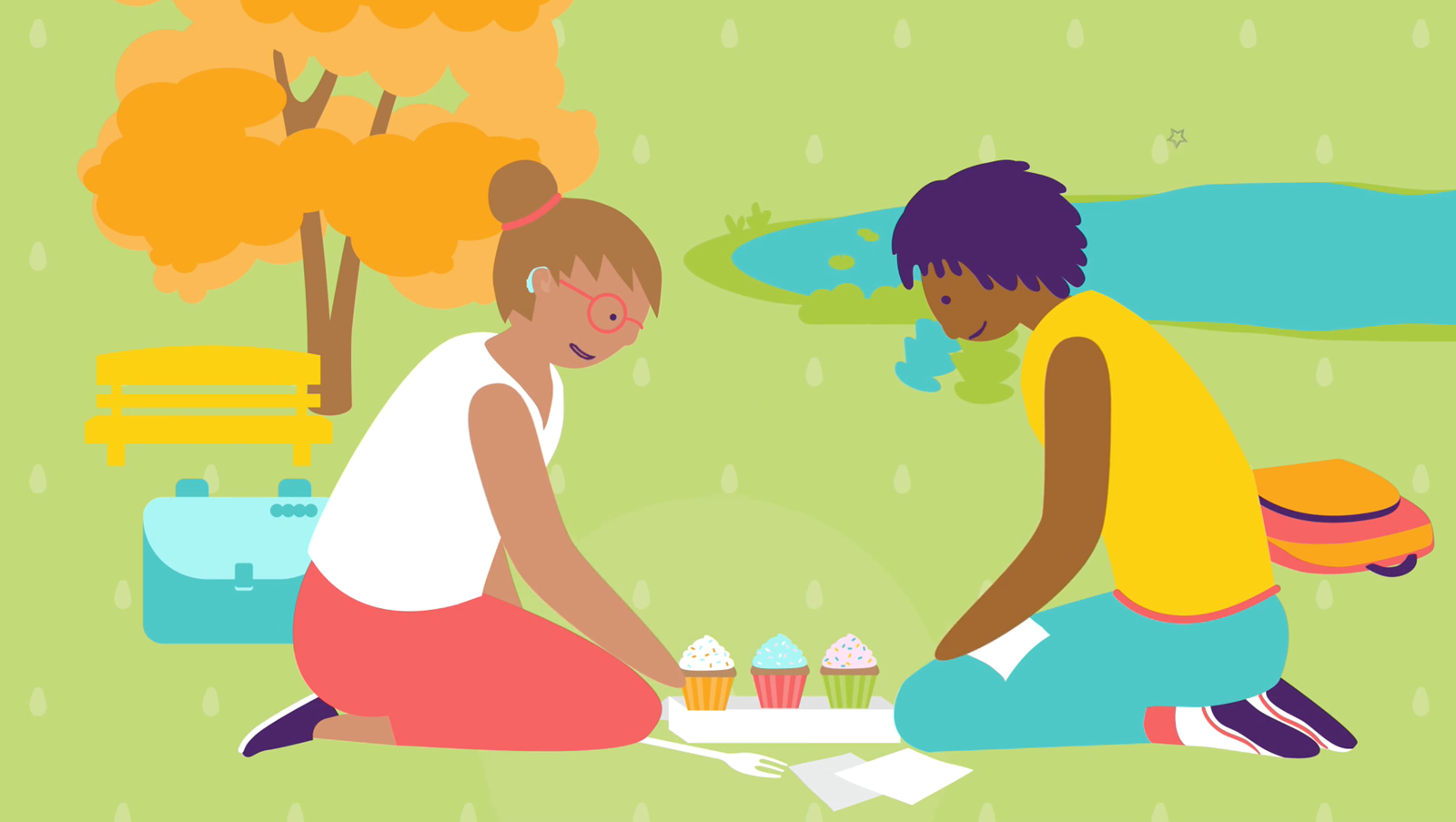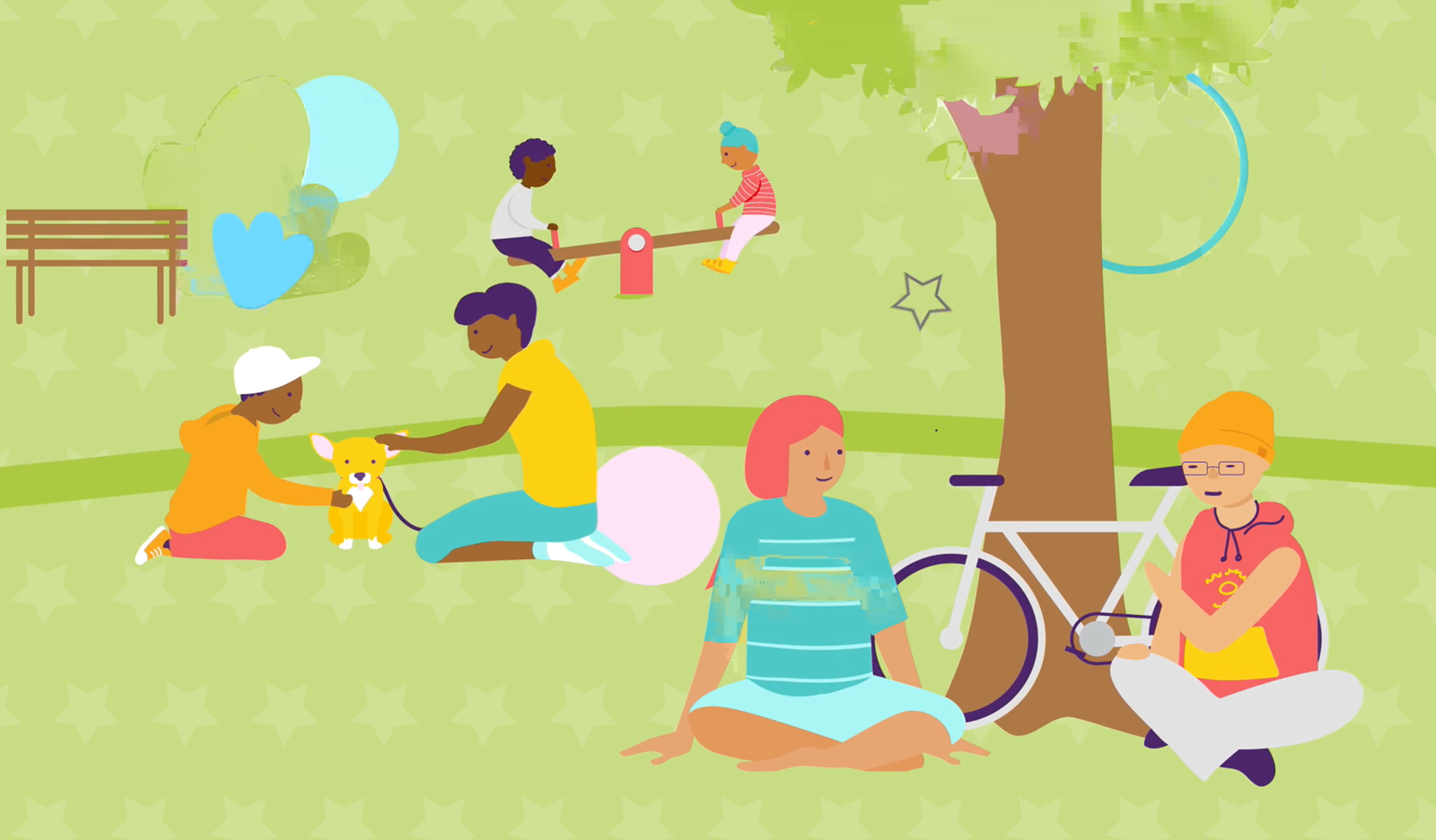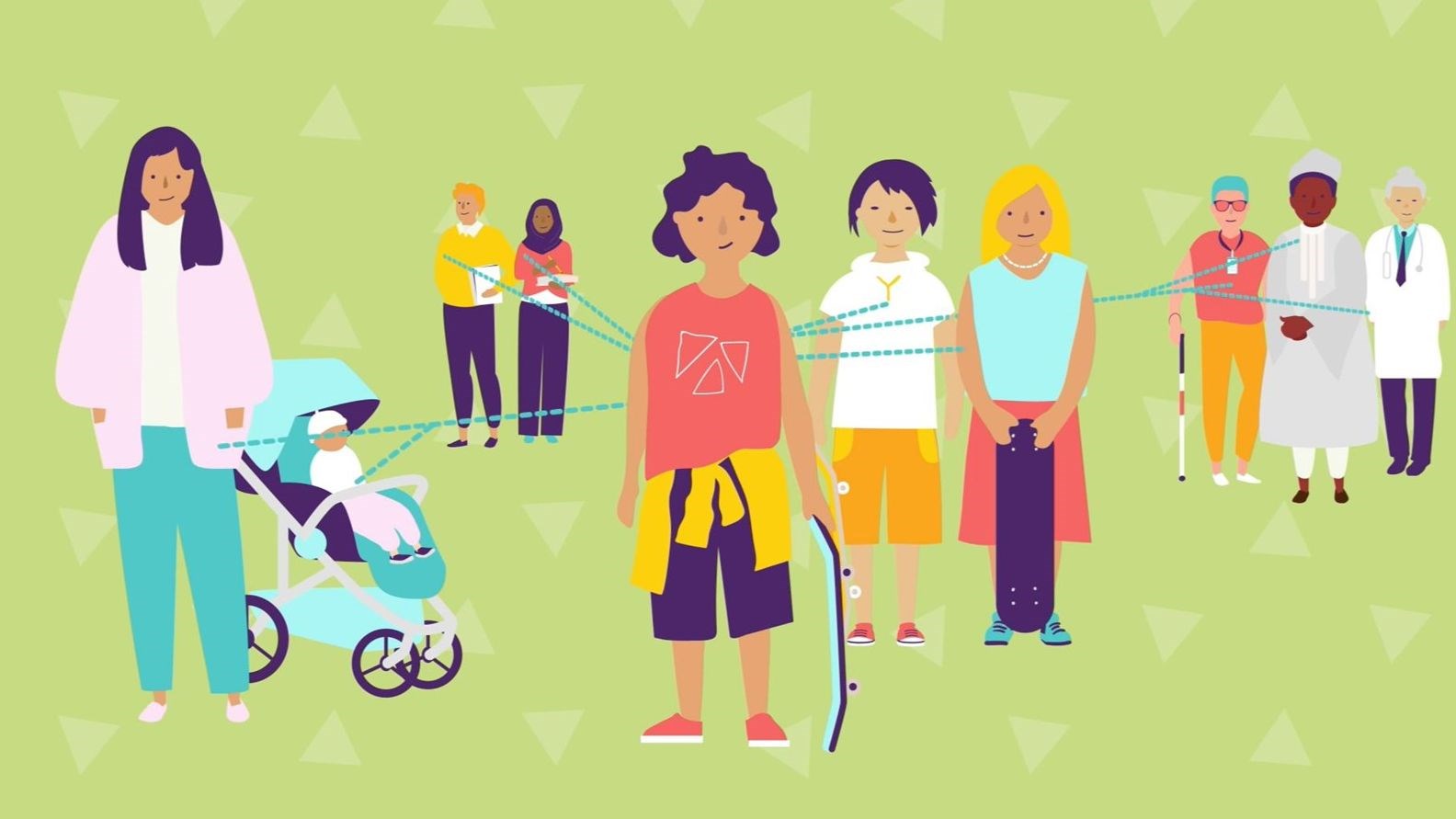Mental Health Matters: Healthy Relationships
Mental Health Matters is a series of Surrey Schools articles that highlights issues and challenges identified by our school counsellors and psychologists as ones commonly experienced by students of all ages. Read them all at surreyschools.ca/news.
Relationships play a huge role in shaping who we are, how we feel and what we do in our lives. For students and youth, the relationships you develop and maintain throughout your school years can have a lasting impacting on shaping who you are later in life.
With that in mind, students are encouraged to surround themselves with people that have a positive impact on their lives and to avoid any negative or detrimental relationships that may have an unhealthy impact on one’s overall well-being.
According to district counsellor Munile Sharma, positive relationships such as those with friends and family members can have a profound impact on a child’s development and it’s important to teach children how to recognize what constitutes a healthy versus an unhealthy relationship from an early age.
“We don’t realize how bright and with it our children are,” he said. “We don’t give them enough credit and the earlier we start these conversations, the more of an impact we can have and build a stronger and more resilient foundation. That’s going to allow them to navigate our world in a much healthier way.”
According to Sharma, a toxic or negative relationship are those that involve people who peer pressure, manipulate or try to control others.
“The desire to fit in, or to feel like you’re fitting in, can be a huge motivating factor for young people today and sometimes they may be willing to associate with others that don’t have their best interests at heart,” he explained. “These types of relationships can lead to feelings of low self-esteem, a lack of confidence and can sometimes lead youth to doing or saying things that don’t necessarily line up with their core values or beliefs.”
The topic is complex and one that will look different for everyone based on their background, home life and culture, said Sharma.
“What are you jeopardizing or giving up in order to try and fit in and what is that doing to your image of yourself?”
Another key consideration for fostering healthy relationships is for youth to focus on in-person connections rather than just interacting with others online. While technology has made it easier than ever to talk online, it’s not the same as bonding with someone in-person, on a deeper level.
Anyone struggling with unhealthy relationships in their lives are asked to reach out to a trusted adult for help. There are supports available through the district to help youth navigate these complex feelings and situations, as well as video resources the district has created to help start conversations on this topic and others for youth.
As with our other animated mental health video resources, there are two versions of the Healthy Relationships video available, one for elementary aged students and another for intermediate/secondary aged students. Each video also has a corresponding teacher guide to support classroom discussions about the topic in an age-appropriate manner. There is also a parent guide to all the videos, with suggestions on questions to prompt conversations, as well as community resources if families need additional support.
Healthy Relationships is also available in French, Punjabi, Mandarin and Arabic.
To see the rest of the video series, click here, or select the topic below:
- You Are Not Alone (Elementary)
- You Are Not Alone (Secondary)
- Coping with Stress & Anxiety (Elementary)
- Coping with Stress & Anxiety (Secondary)
- Digital Stress (Elementary)
- Digital Stress (Secondary)
- Health vs. Unhealthy Stress (Elementary)
- Health vs. Unhealthy Stress (Secondary)
- Health and Wellness (Elementary)
- Health and Wellness (Secondary)
- Body Image (Elementary)
- Body Image (Secondary)
- Navigating Life Changes (Elementary)
- Navigating Life Changes (Secondary)
These videos were developed in partnership with Fraser Health and the Ministry of Education and Child Care, which provided financial support for the project.


